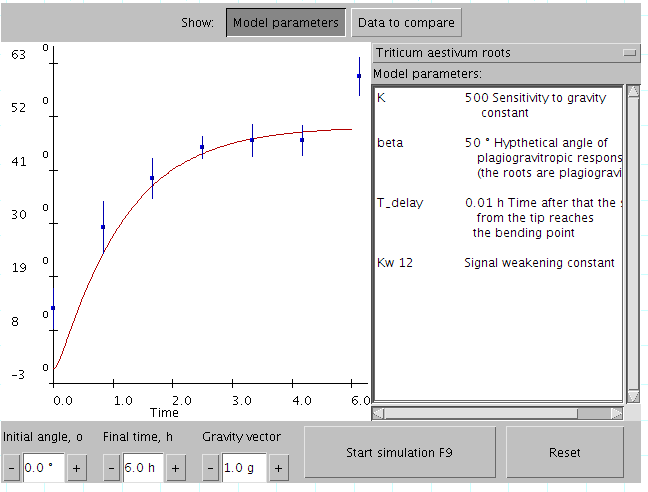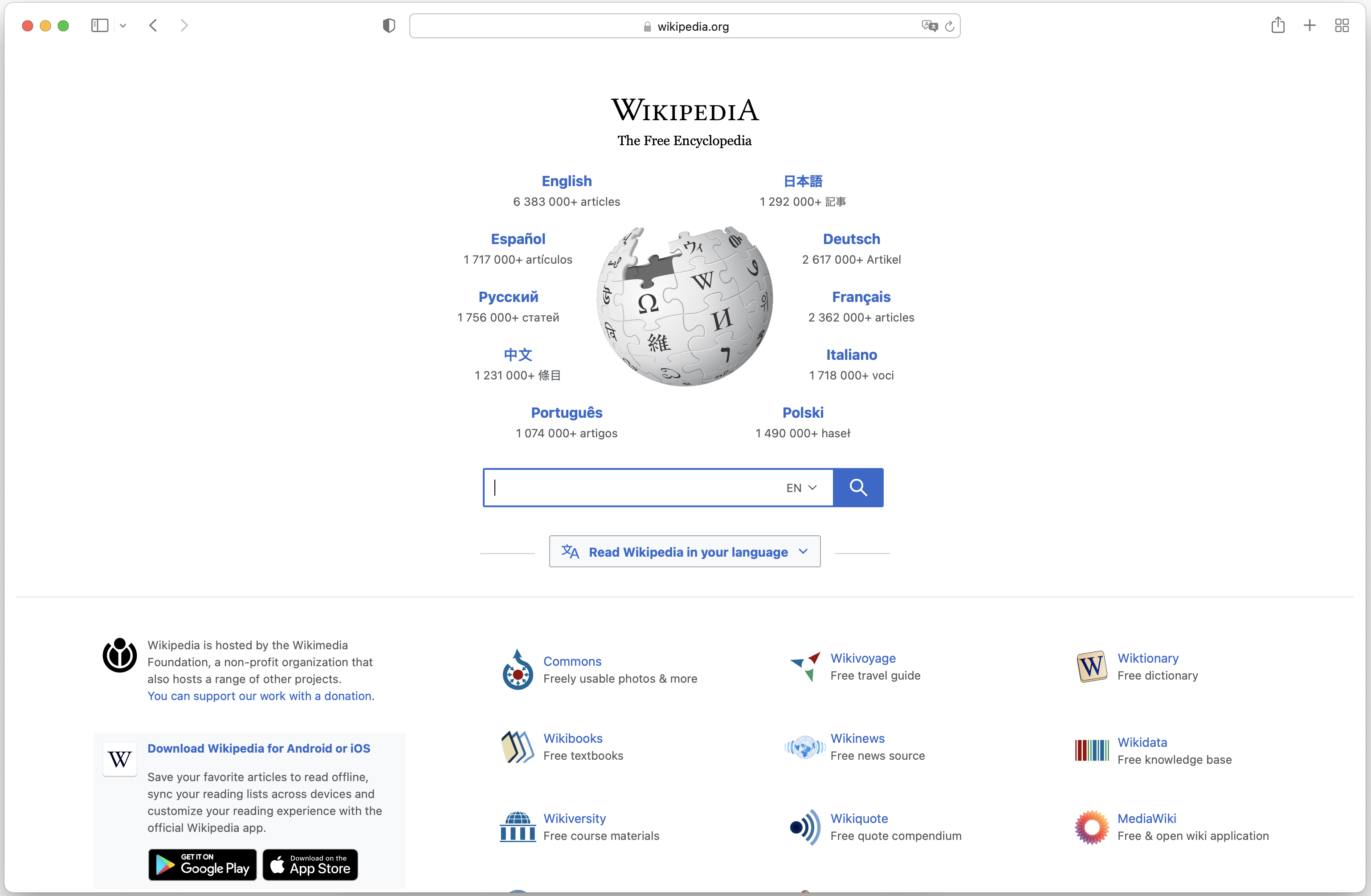|
Internet Go Server
An Internet Go server is a server that allows players of the game of Go to play against opponents online. The two fundamental types of Go server are ''real-time'' servers and ''turn-based'' servers. History The first Go server that started operating is the Internet Go Server (IGS), which began service in 1992Jim Z. Yu ''A Brief History of IGS, the Early Years'' 1992&Retrieved on 2007-12-11 and is still active as of 2021. Several other servers, all with the same basic server-client architecture, followed. IGS was started on February 2, 1992, by Tim Casey, Chris Chisolm, and Mark Okada, working at the University of New Mexico, and until April 5, 1993, continued at the University of California, Berkeley, and UC San Francisco (with an additional server at The Pasteur Institute, France); it was the first server of its kind. After its initial inception, some of its members helped to improve the server by writing software with a graphical interface; and thus IGS was born. IGS h ... [...More Info...] [...Related Items...] OR: [Wikipedia] [Google] [Baidu] |
Go (game)
Go is an abstract strategy board game for two players in which the aim is to surround more territory than the opponent. The game was invented in China more than 2,500 years ago and is believed to be the oldest board game continuously played to the present day. A 2016 survey by the International Go Federation's 75 member nations found that there are over 46 million people worldwide who know how to play Go and over 20 million current players, the majority of whom live in East Asia. The playing pieces are called stones. One player uses the white stones and the other, black. The players take turns placing the stones on the vacant intersections (''points'') of a board. Once placed on the board, stones may not be moved, but stones are removed from the board if the stone (or group of stones) is surrounded by opposing stones on all orthogonally adjacent points, in which case the stone or group is ''captured''. The game proceeds until neither player wishes to make another move. Whe ... [...More Info...] [...Related Items...] OR: [Wikipedia] [Google] [Baidu] |
IGS Go Server
Pandanet (originally and sometimes called IGS, short for Internet Go Server), located in Tokyo, Japan, is a server that allows players of the game of Go to observe and play against others over the Internet. Started February 2, 1992, by Tim Casey, Chris Chisolm, and Mark Okada, working out of the University of New Mexico, and until April 5, 1993, continued at the University of California, Berkeley, and UC San Francisco (with an additional server at The Pasteur Institute, France), it was the first server of its kind. After its initial inception some of its members helped to improve the server by writing software with a graphical interface; and thus IGS was born. Pandanet hosts up to 3,000 players at a time, depending on the time of day. Its PC client's name is GoPanda. History IGS was first opened to the public in February 1992. The first server was located at the University of New Mexico. Within the first year, two more servers were deployed, one at the University of California a ... [...More Info...] [...Related Items...] OR: [Wikipedia] [Google] [Baidu] |
KGS Go Server
The KGS Go Server, known until 2006 as the Kiseido Go Server, is a game server first developed in 1999 and established in 2000 for people to play Go. The system was developed by William M. Shubert and its code is now written entirely in Java. In Spring of 2017, Shubert transferred ownership to the American Go Foundation. A list of the top 100 players, sorted by KGS calculated rank, is regularly updated and maintained. International tournament games and national championship games are relayed on this server. Monthly Computer Go tournaments are held in the Computer Go room on KGS. The KGS Go Server is distinguished by a kibitz culture. Kibitzes are common and popular in high-level games, and may include off-topic discussions though this is discouraged by the administrators. The two players cannot see kibitzers' comments until after the game. There are several client programs to connect to KGS. ''CGoban 3'' is for normal use, on any system that supports Java. As of 2018, it suppor ... [...More Info...] [...Related Items...] OR: [Wikipedia] [Google] [Baidu] |
Java Applet
Java applets were small applications written in the Java programming language, or another programming language that compiles to Java bytecode, and delivered to users in the form of Java bytecode. The user launched the Java applet from a web page, and the applet was then executed within a Java virtual machine (JVM) in a process separate from the web browser itself. A Java applet could appear in a frame of the web page, a new application window, Sun's AppletViewer, or a stand-alone tool for testing applets. Java applets were introduced in the first version of the Java language, which was released in 1995. Beginning in 2013, major web browsers began to phase out support for the underlying technology applets used to run, with applets becoming completely unable to be run by 2015–2017. Java applets were deprecated by Java 9 in 2017. Java applets were usually written in Java, but other languages such as Jython, JRuby, Pascal, Scala, NetRexx, or Eiffel (via ... [...More Info...] [...Related Items...] OR: [Wikipedia] [Google] [Baidu] |
Web Browser
A web browser is application software for accessing websites. When a user requests a web page from a particular website, the browser retrieves its files from a web server and then displays the page on the user's screen. Browsers are used on a range of devices, including desktops, laptops, tablets, and smartphones. In 2020, an estimated 4.9 billion people used a browser. The most used browser is Google Chrome, with a 65% global market share on all devices, followed by Safari with 18%. A web browser is not the same thing as a search engine, though the two are often confused. A search engine is a website that provides links to other websites. However, to connect to a website's server and display its web pages, a user must have a web browser installed. In some technical contexts, browsers are referred to as user agents. Function The purpose of a web browser is to fetch content from the World Wide Web or from local storage and display it on a user's device. This process b ... [...More Info...] [...Related Items...] OR: [Wikipedia] [Google] [Baidu] |
Sensei's Library
Sensei's Library (commonly referred to as SL among Go-players) is an Internet website and wiki A wiki ( ) is an online hypertext publication collaboratively edited and managed by its own audience, using a web browser. A typical wiki contains multiple pages for the subjects or scope of the project, and could be either open to the pu ..., dedicated to articles about, and discussion of, the game of Go. It was started in September 2000, by the Go players Morten Pahle and Arno Hollosi. Hollosi is also known for designing version 4 of Anders Kierulf's popular SGF file format and for his work with the Austrian Citizen Card project. Sensei's Library is used for a number of purposes, and contains over 20,000 pages on a wide range of topics, such as the culture and history of Go, Go theory, strategy, and community information. It is highly regarded in the Go community. One reviewer noted that as "a collaborative resource written by contributors, Sensei's Library may be the most ... [...More Info...] [...Related Items...] OR: [Wikipedia] [Google] [Baidu] |
American Go Association
The American Go Association (AGA) was founded in 1935, to promote the board game of Go in the United States. Founded by chess master Edward Lasker and some friends at Chumley's restaurant in New York City, the AGA is one of the oldest Western Go associations. The AGA publishes a weekly online newsletter that reaches more than 13,000 subscribers worldwideThe American Go E-Journal and an annual ''Yearbook''; maintains a national rating system; organizes an annual national event, The US Go Congress; selects North American representatives in international tournaments; and provides support to its members and chapters as they promote Go in their communities. Events for youth have also been established, including tournaments and an annual AGA youth summer camp that features instruction from professional players. The AGA has developed a set of rules that attempts to reconcile difference between "area"-based rule sets and "territory"-based rule sets, and participates actively in an int ... [...More Info...] [...Related Items...] OR: [Wikipedia] [Google] [Baidu] |
British Go Association
The British Go Association (BGA) promotes and supports the playing of Go, the ancient Chinese strategy game, in the United Kingdom. The BGA was founded in 1953 and has a membership of about 450. It oversees tournaments, publishes the ''British Go Journal'', and maintains a list of clubs. Attendance of British Go players at international tournaments BGA is regularly sending players to international tournaments such as the World Amateur Go Championship and the European Go Championship. BGA is also working to make Go more popular among the youth, and students have been sent to the World Youth Go Championship in 2010 and 2011. See also * International Go Federation * European Go Federation * American Go Association The American Go Association (AGA) was founded in 1935, to promote the board game of Go in the United States. Founded by chess master Edward Lasker and some friends at Chumley's restaurant in New York City, the AGA is one of the oldest Western Go ... * Irish Go Assoc ... [...More Info...] [...Related Items...] OR: [Wikipedia] [Google] [Baidu] |


